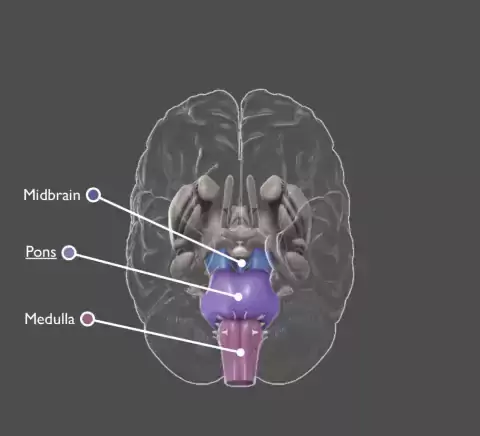MDS 3.0 Item E0500B: Behavioral Symptoms That Interfere with Resident Care
MDS 3.0 Item E0500B: Behavioral Symptoms That Interfere with Resident Care
Introduction
Purpose: In long-term care settings, certain behavioral symptoms can interfere with the resident’s ability to receive necessary care, such as medication administration, bathing, or feeding. MDS Item E0500B focuses on determining whether a resident’s behavioral symptoms, such as resistance, aggression, or refusal, have interfered with their care over the past seven days. Identifying these behaviors is critical for ensuring that care plans are adjusted to meet the resident’s needs and that they receive adequate support for their health and well-being.
What is MDS Item E0500B?
Explanation: MDS Item E0500B is part of Section E: Behavioral Symptoms. This item assesses whether the resident’s behaviors have interfered with their ability to receive care over the past seven days. Examples of behaviors that may interfere with care include refusing treatment, resisting assistance with activities of daily living (ADLs), or becoming physically or verbally aggressive during care routines. Recognizing these behaviors is essential for tailoring care approaches that improve cooperation and ensure the resident’s needs are met.
Guidelines for Coding MDS Item E0500B
Coding Instructions: To code MDS Item E0500B, staff must evaluate whether the resident’s behavioral symptoms have interfered with the provision of care during the past seven days. These symptoms might include:
- Refusing medication or treatment
- Resisting help with bathing, dressing, or other ADLs
- Becoming physically or verbally aggressive during care routines
The coding options for this item are:
- 0 - No: The resident’s behavioral symptoms have not interfered with care.
- 1 - Yes: The resident’s behavioral symptoms have interfered with care.
Example Scenario: If a resident has consistently resisted taking medications or receiving assistance with hygiene, making it difficult for staff to provide the necessary care, you would code E0500B as 1 - Yes. If no behaviors have been observed that interfere with care, the appropriate code would be 0 - No.
Best Practices for Accurate Coding
Observation: Staff should closely monitor the resident’s behavior during care routines, such as medication administration, bathing, feeding, and dressing. Note any signs of resistance, refusal, or aggression that impede care delivery.
Documentation: Record specific examples of behaviors that interfere with the resident’s care, including the type of care that was resisted and how often the behavior occurred. Documenting these behaviors helps in developing care plans that address the underlying causes of resistance.
Communication: Share observations with the interdisciplinary care team to ensure that strategies are in place to address behaviors that interfere with care. This may involve adjusting the care approach, such as offering care at different times, involving family members, or using techniques to minimize stress and anxiety during care.
Training: Provide regular training for staff on techniques for managing residents who resist care. Training should cover de-escalation strategies, understanding the causes of resistance, and how to approach residents in a way that encourages cooperation and reduces conflict.
Conclusion
Summary: MDS Item E0500B is essential for identifying behavioral symptoms that interfere with a resident’s ability to receive care. Accurate coding of this item ensures that behaviors are recognized and addressed early, allowing care plans to be tailored to the resident’s needs and improving the delivery of care.
Click here to see a detailed Step-by-Step on how to complete this item set.
Reference
This guide is based on the CMS's Long-Term Care Facility Resident Assessment Instrument 3.0 User’s Manual, Version 1.19.1, October 2024, Page E-8.
Disclaimer
Please note that the information provided in this guide for MDS 3.0 Item E0500B: "Behavioral Symptoms That Interfere with Resident Care" was originally based on the CMS's Long-Term Care Facility Resident Assessment Instrument 3.0 User’s Manual, Version 1.19.1, October 2024. Every effort will be made to update it to the most current version. The MDS 3.0 Manual is typically updated every October. If there are no changes to the Item Set, there will be no changes to this guide.
This guidance is intended to assist healthcare professionals, particularly new nurses or MDS coordinators, in understanding and applying the correct coding procedures for this item within MDS 3.0. Additionally, this guide refrains from handling personal patient data and does not provide medical or legal advice.










